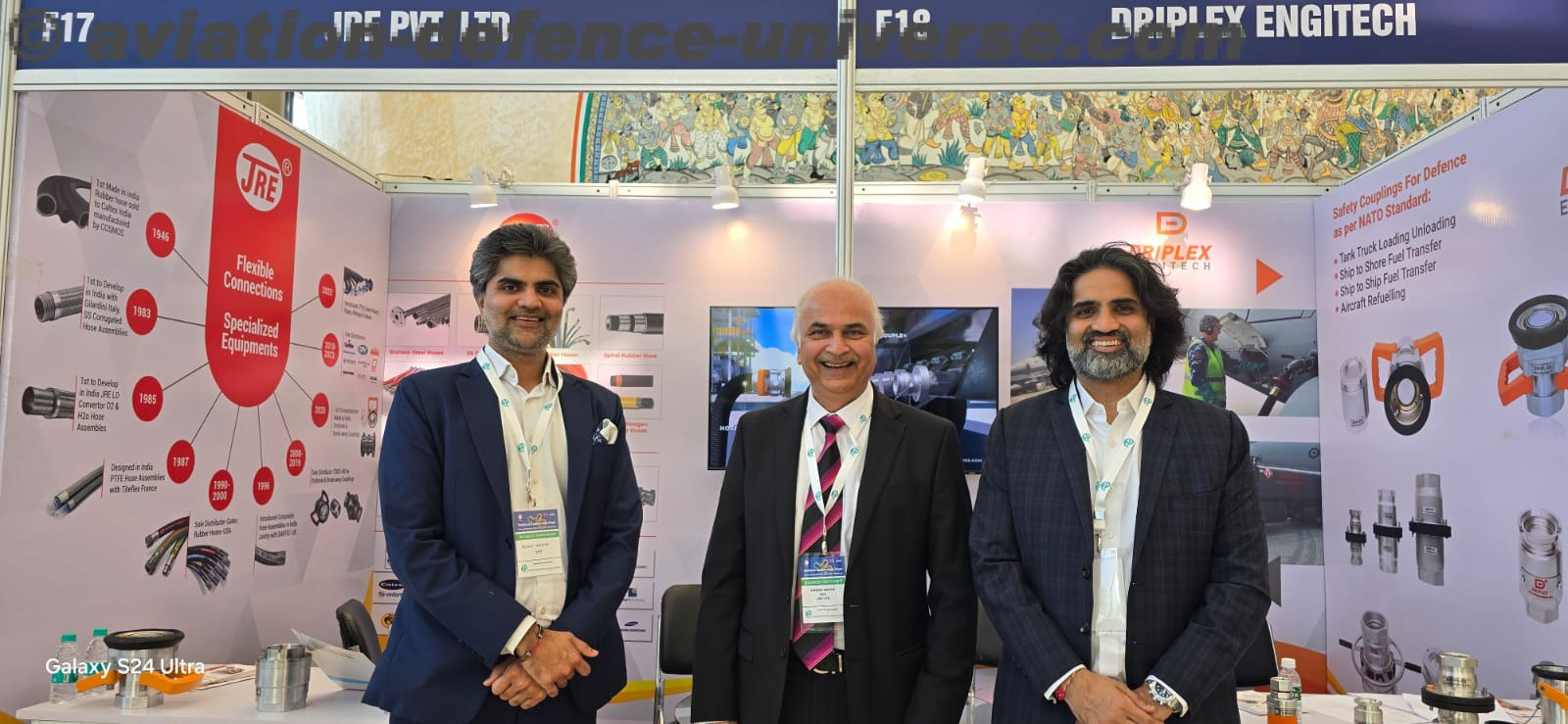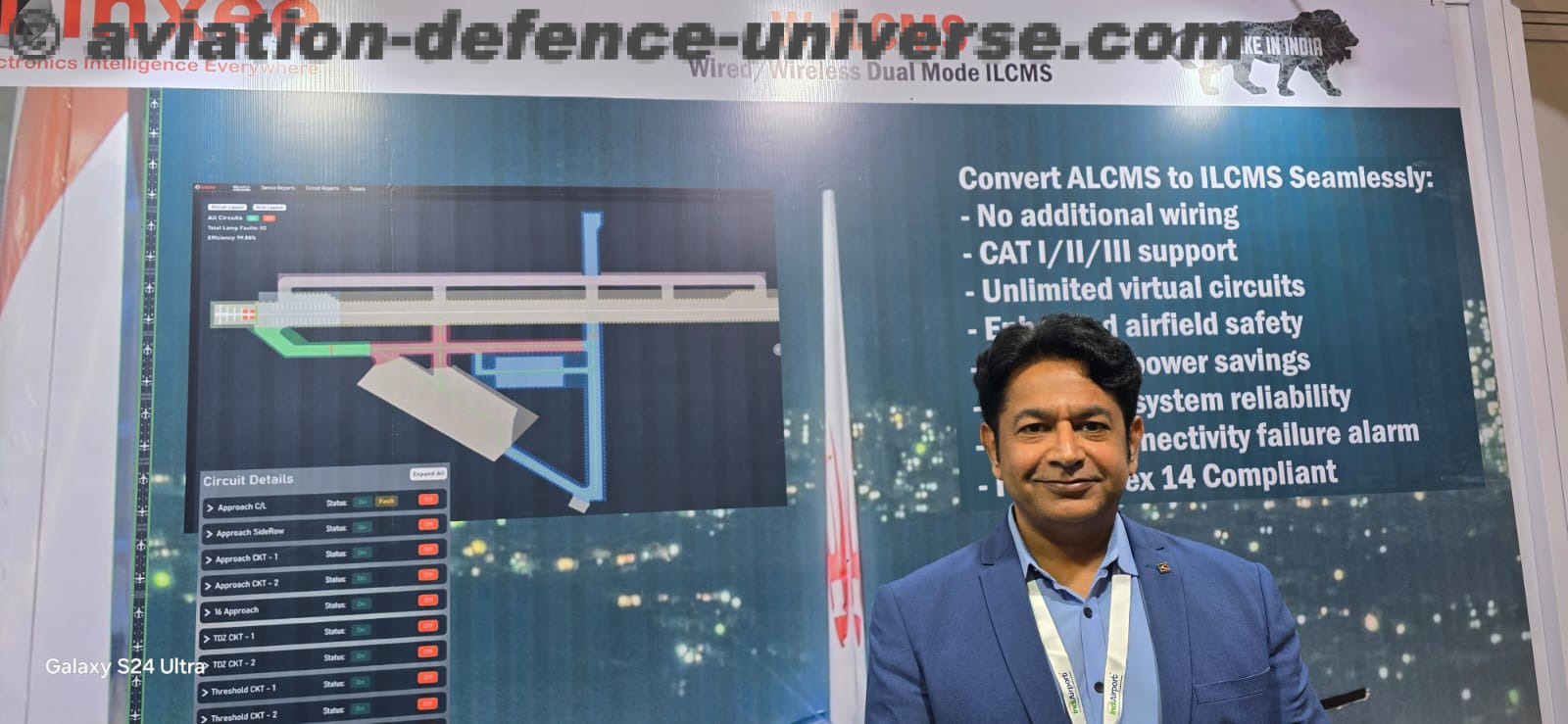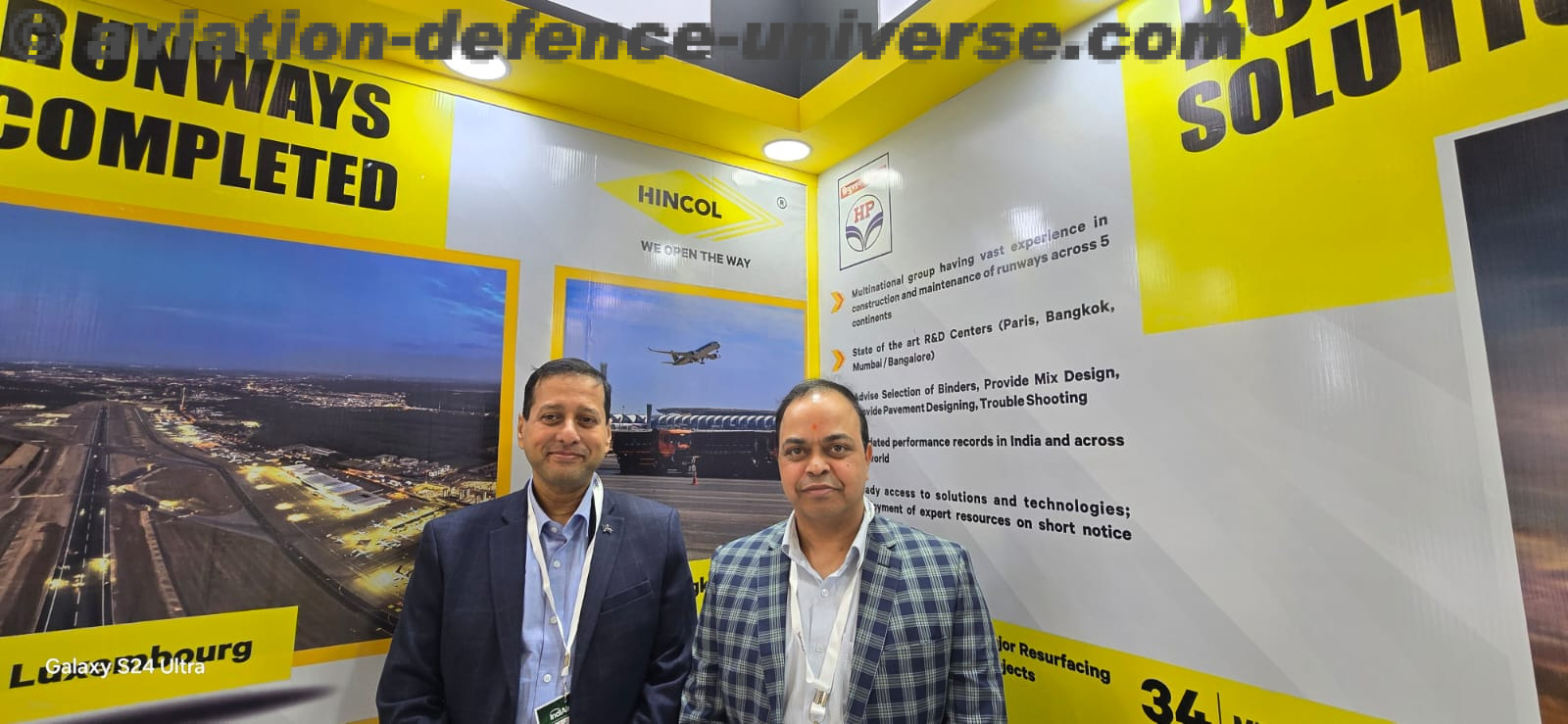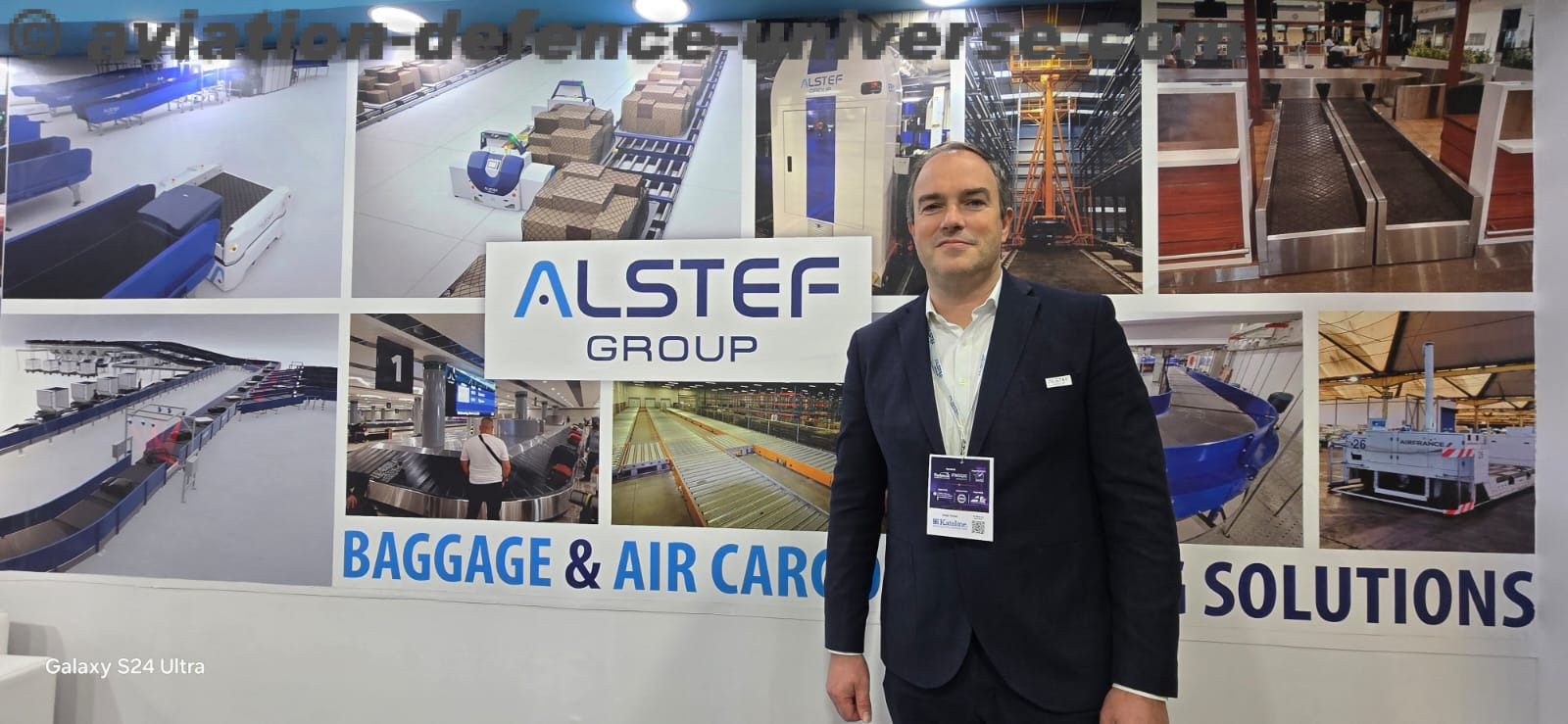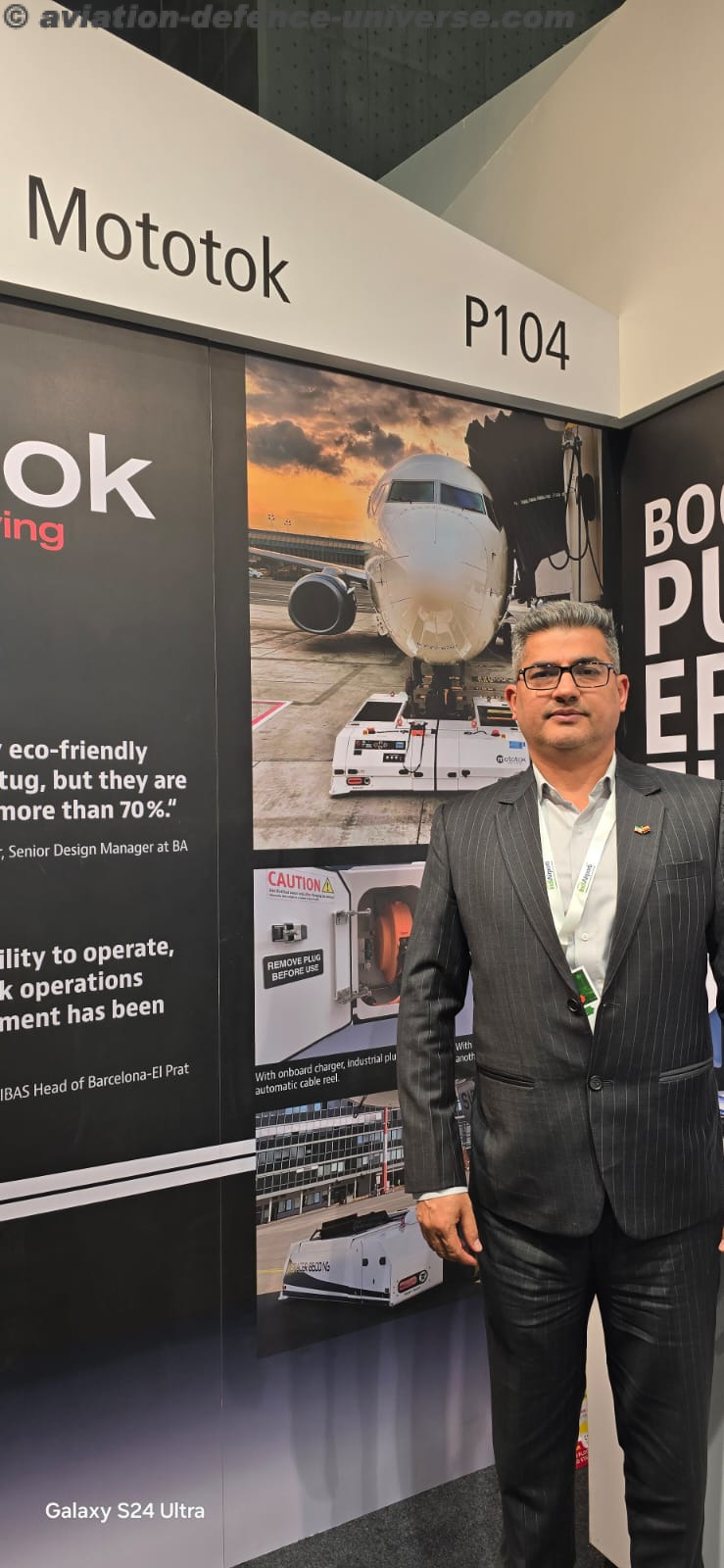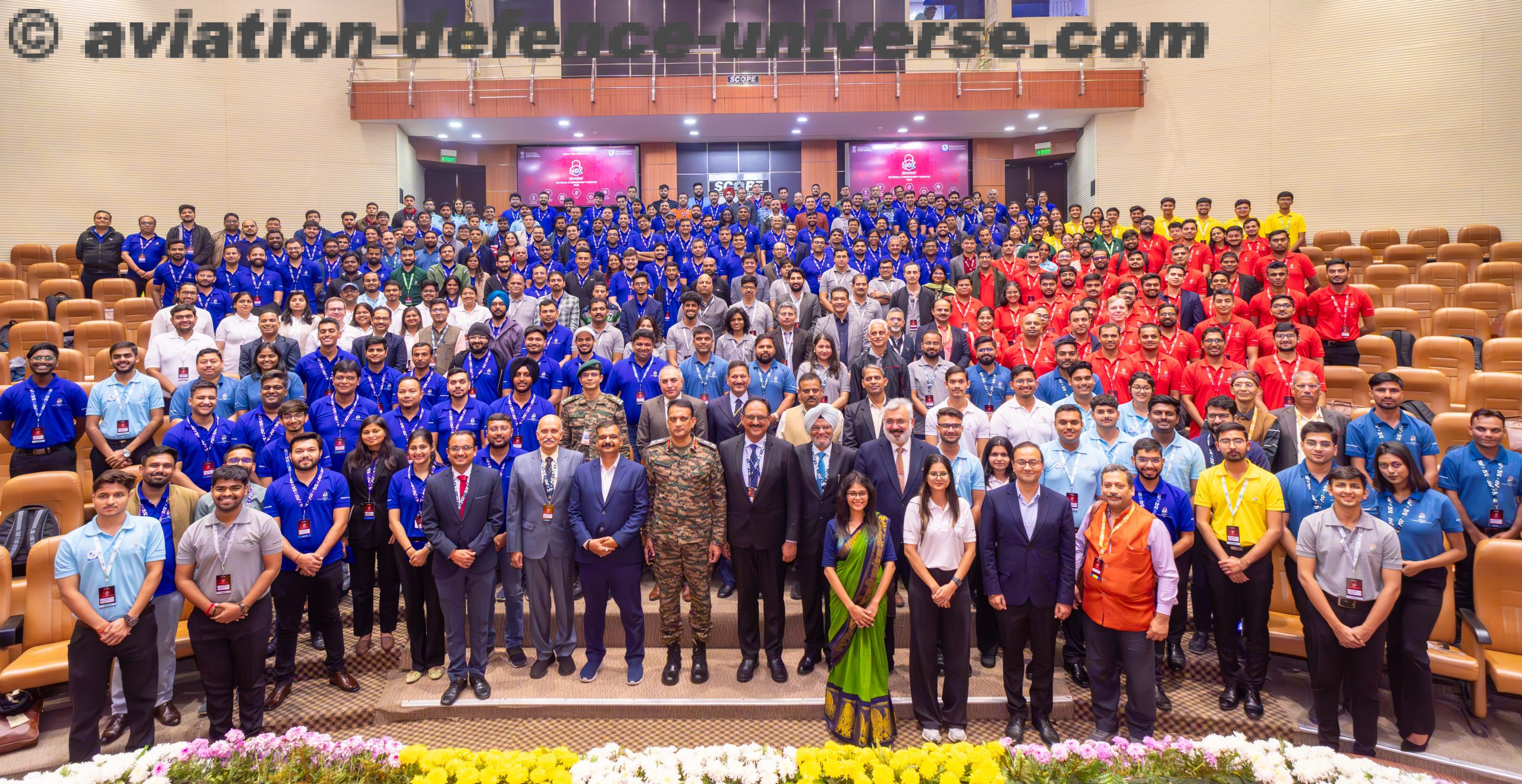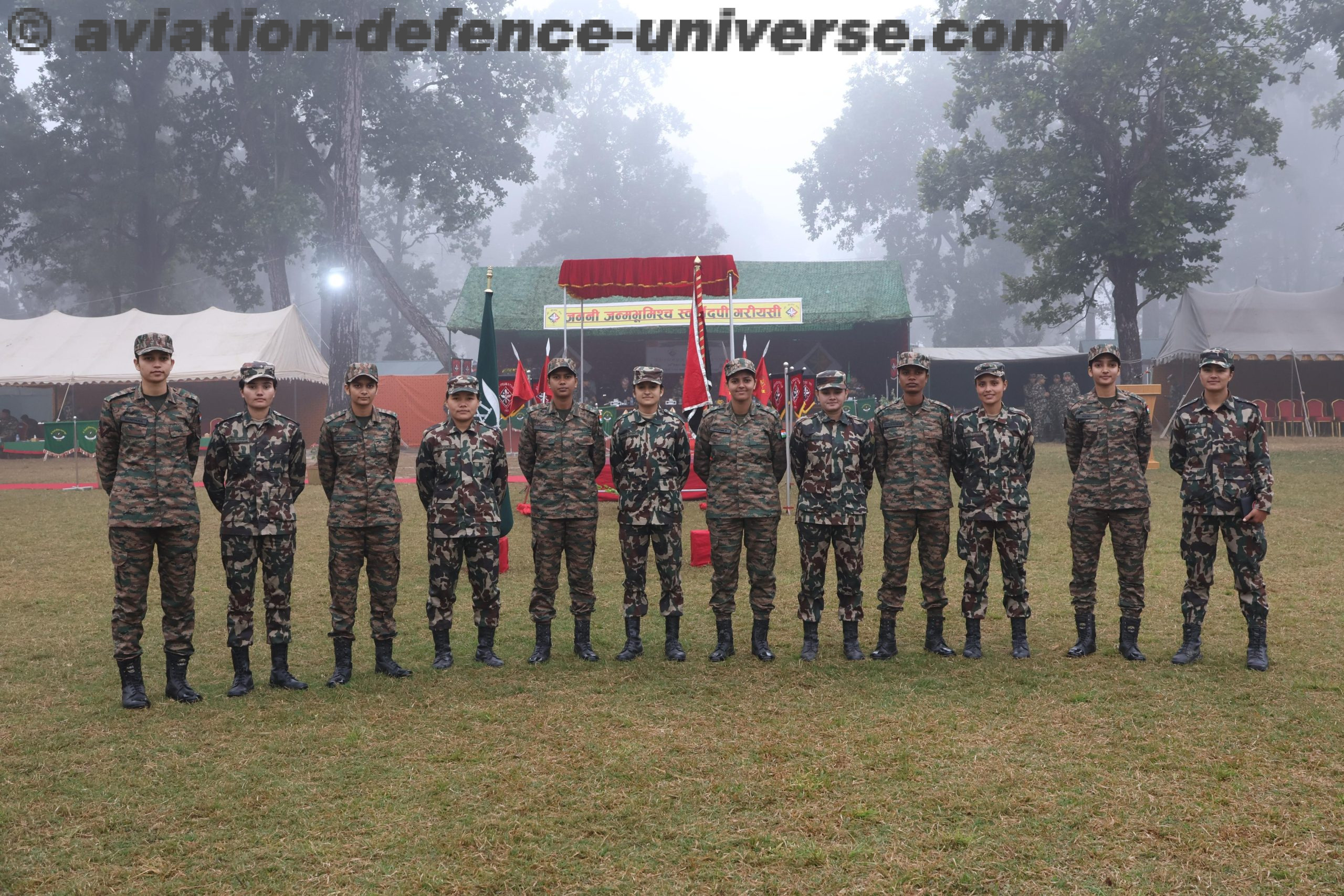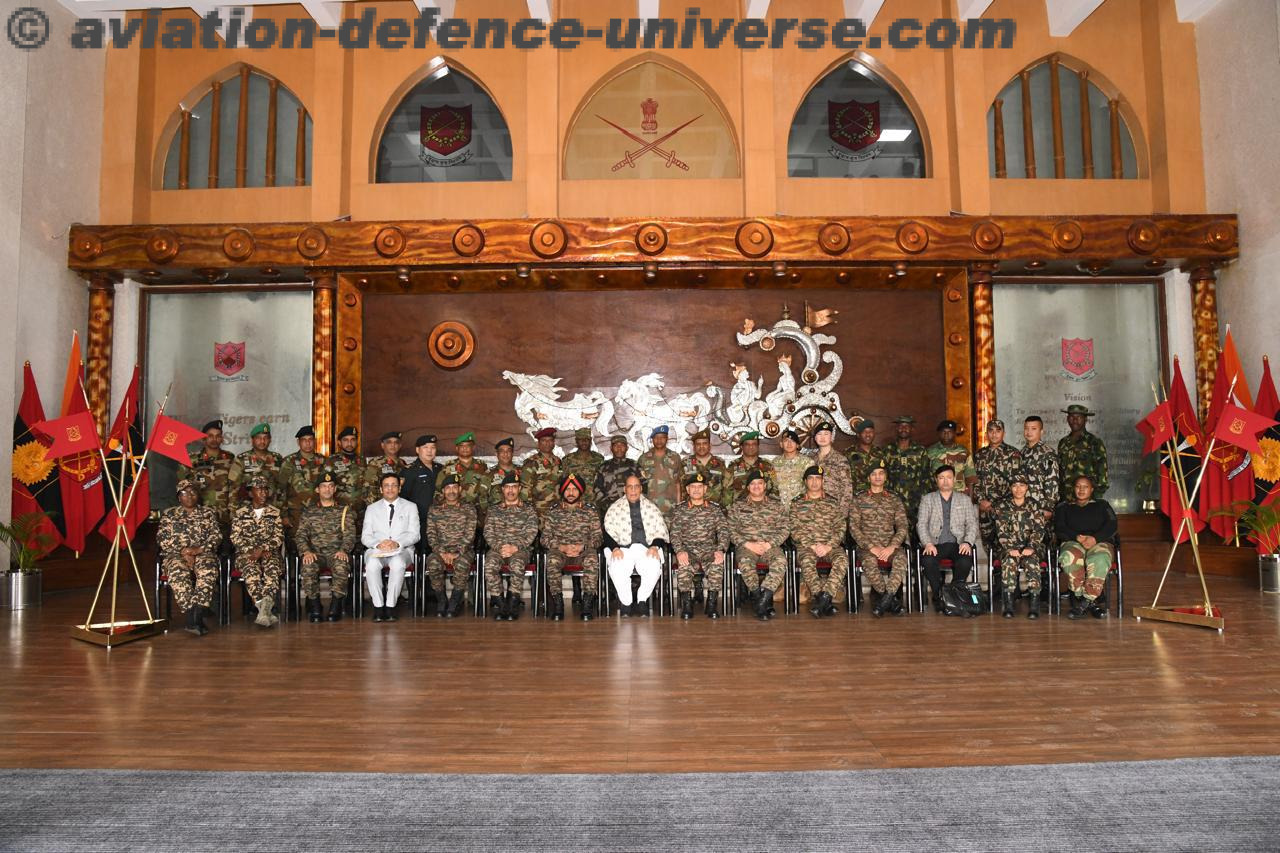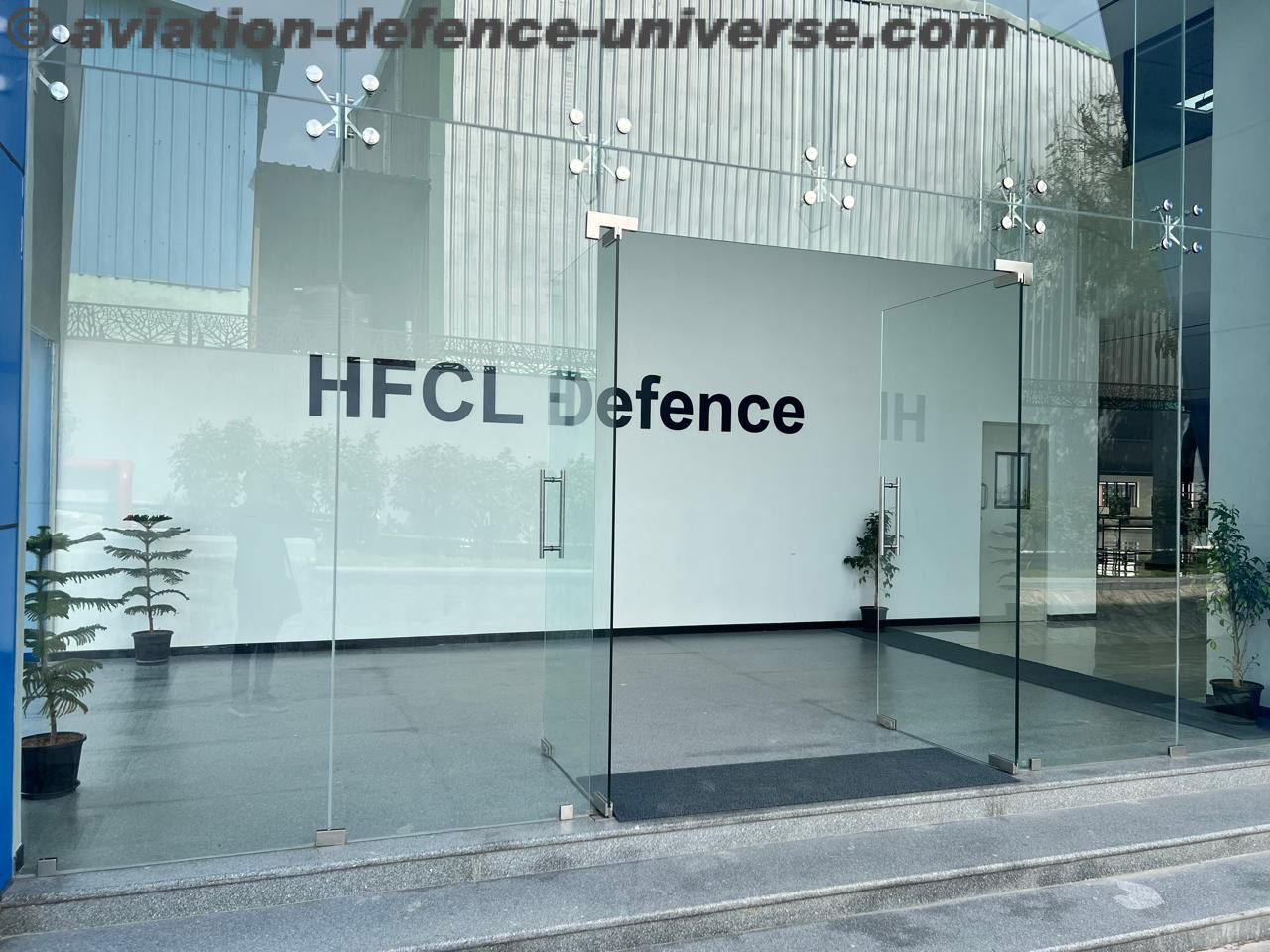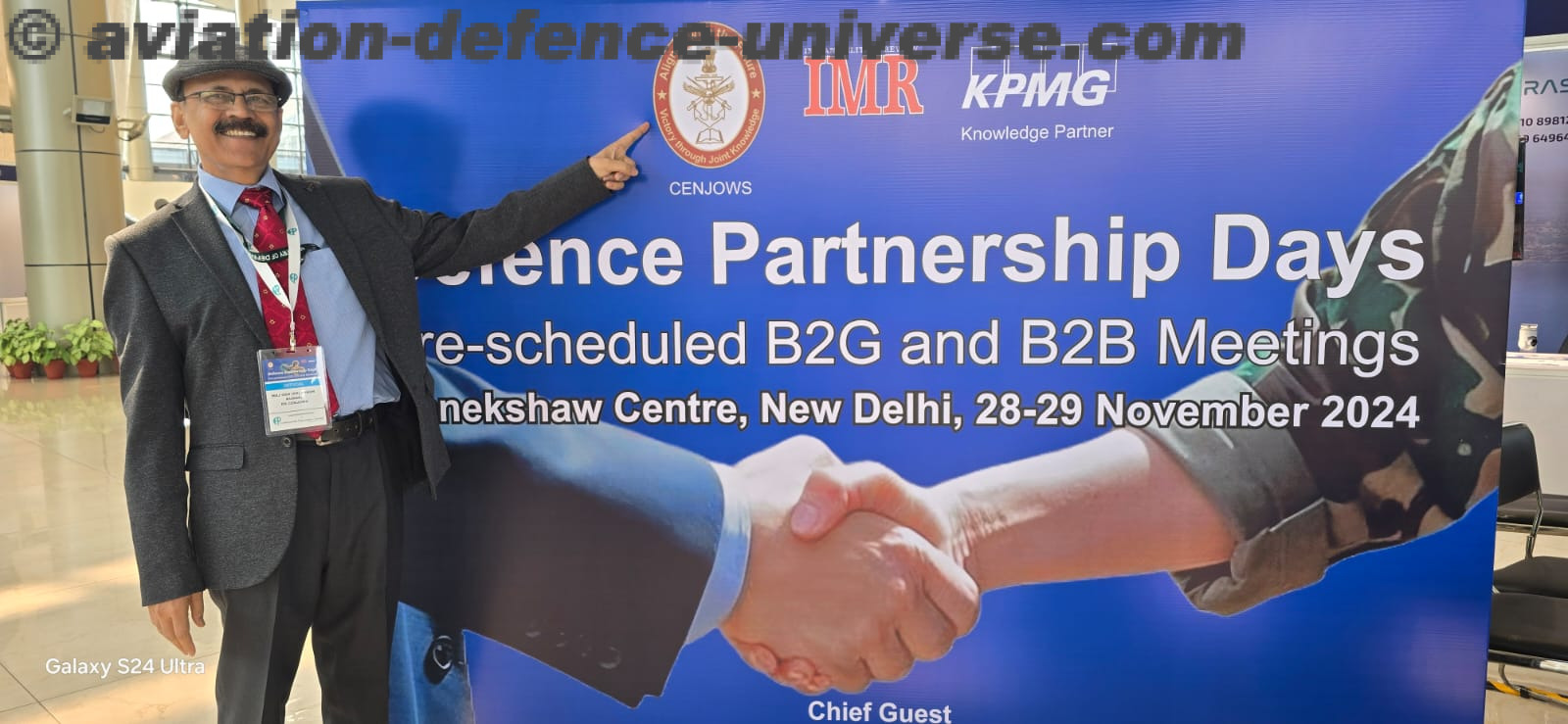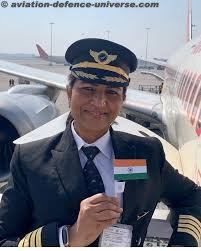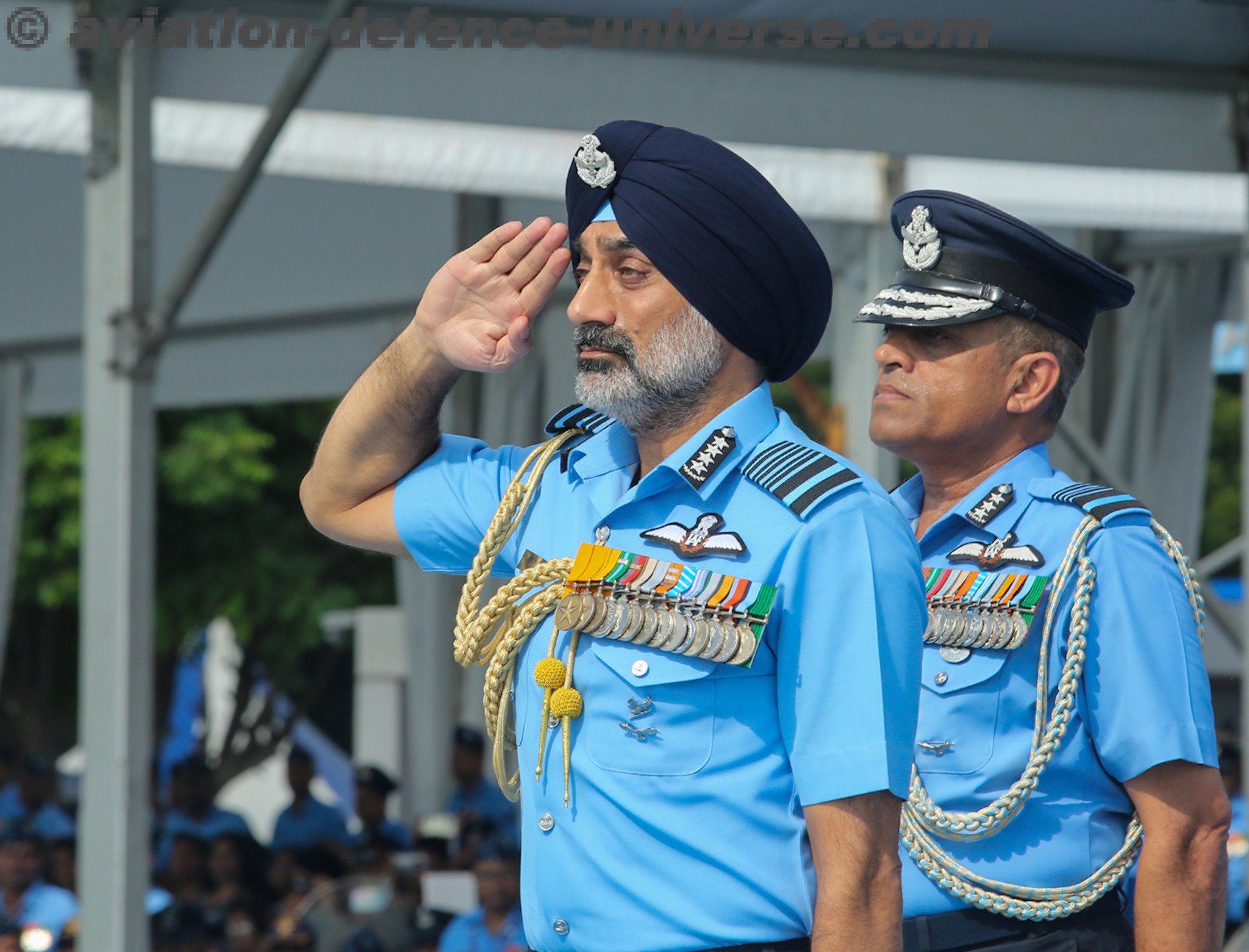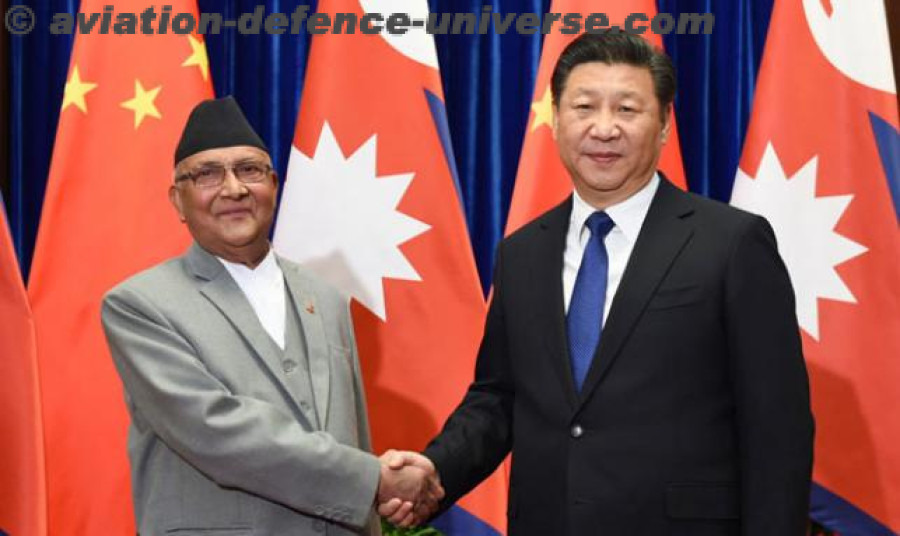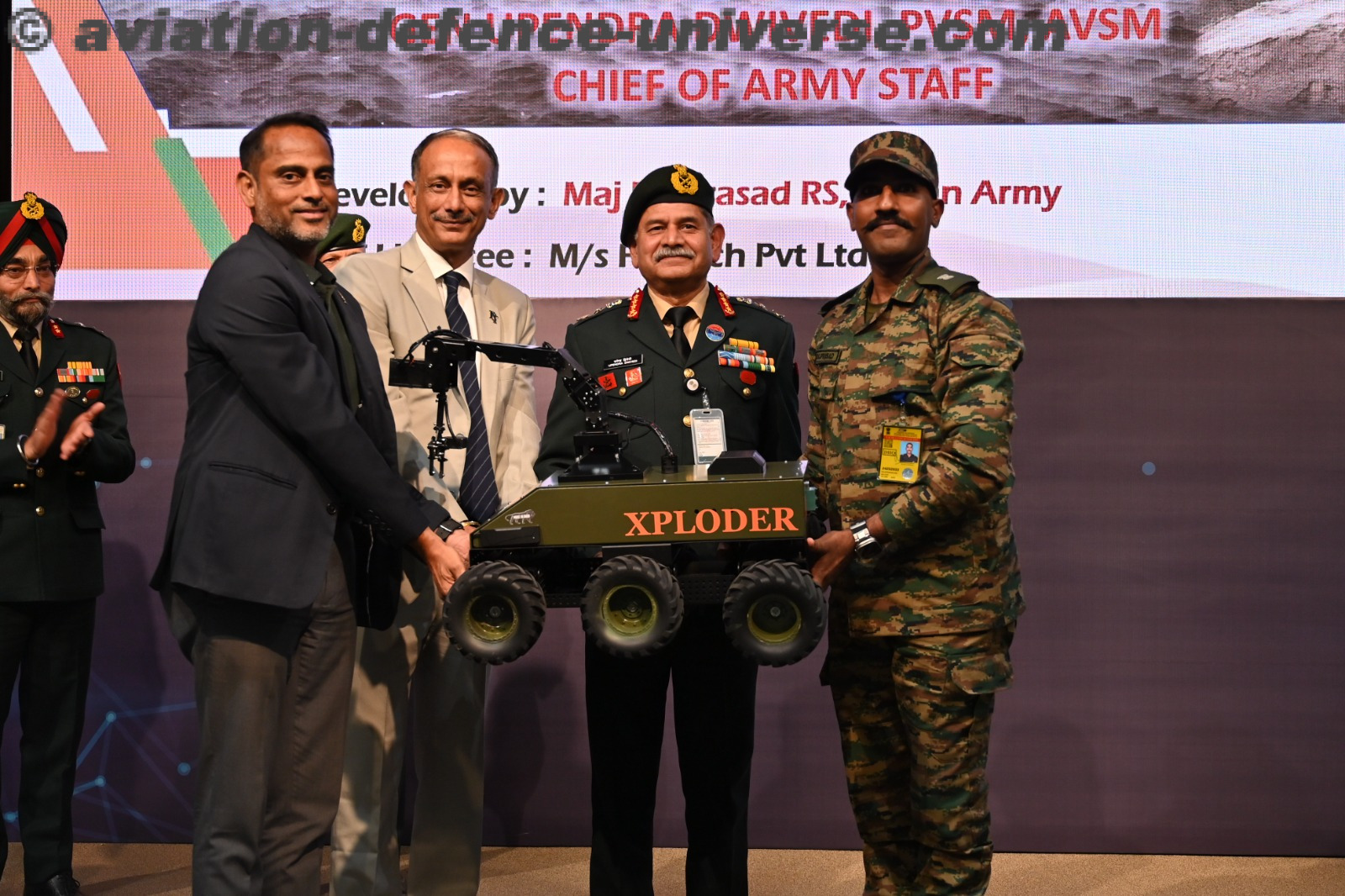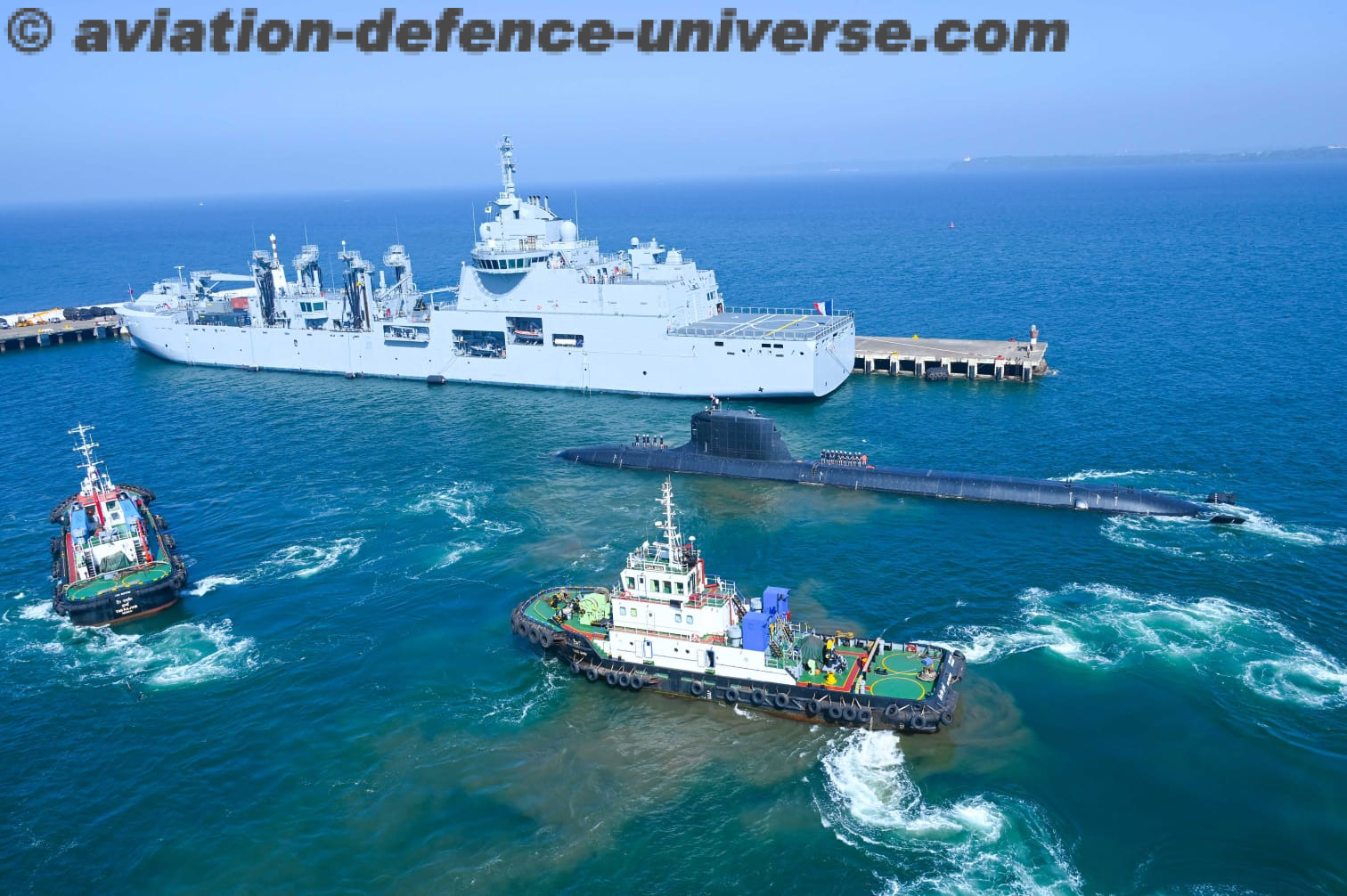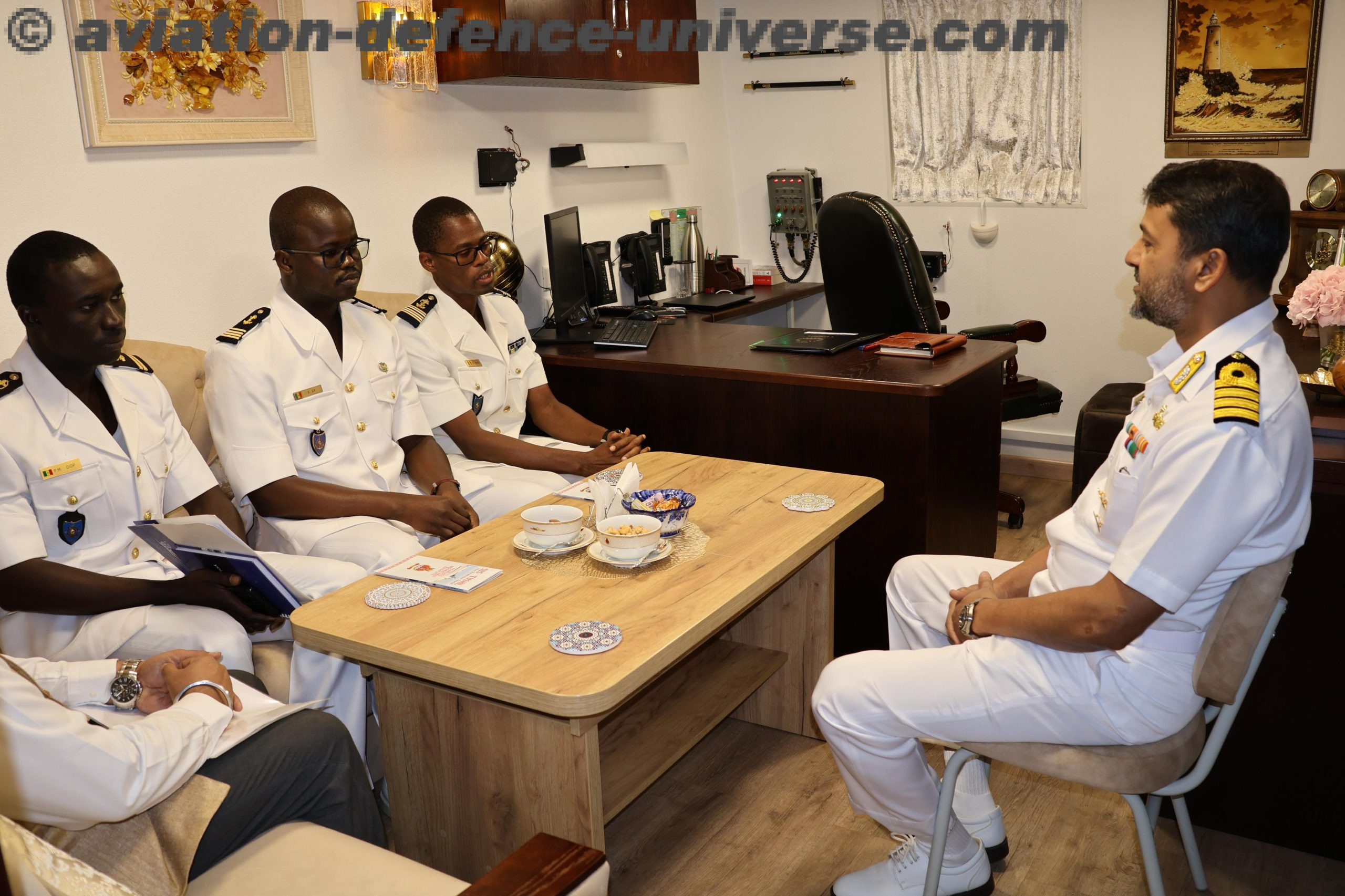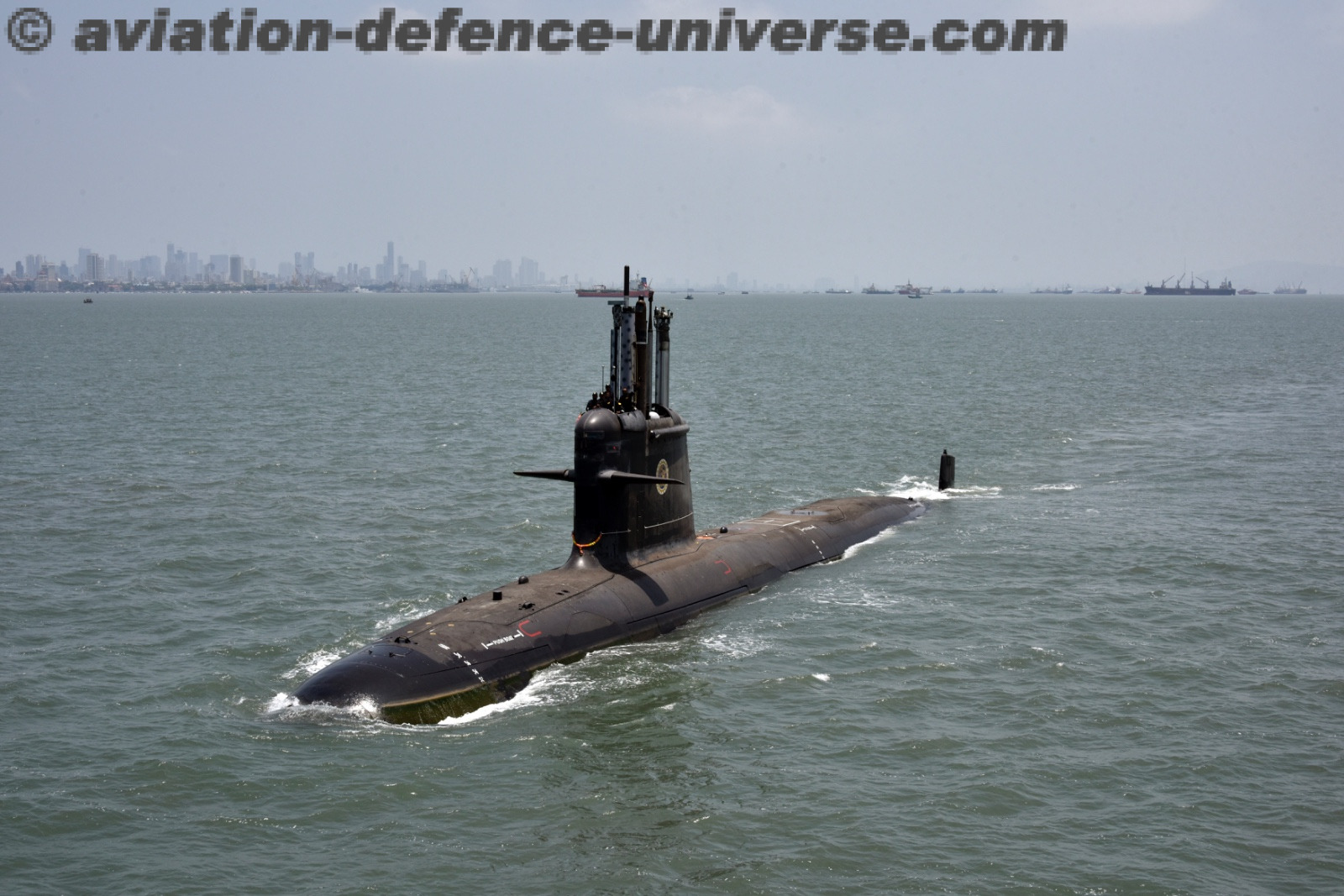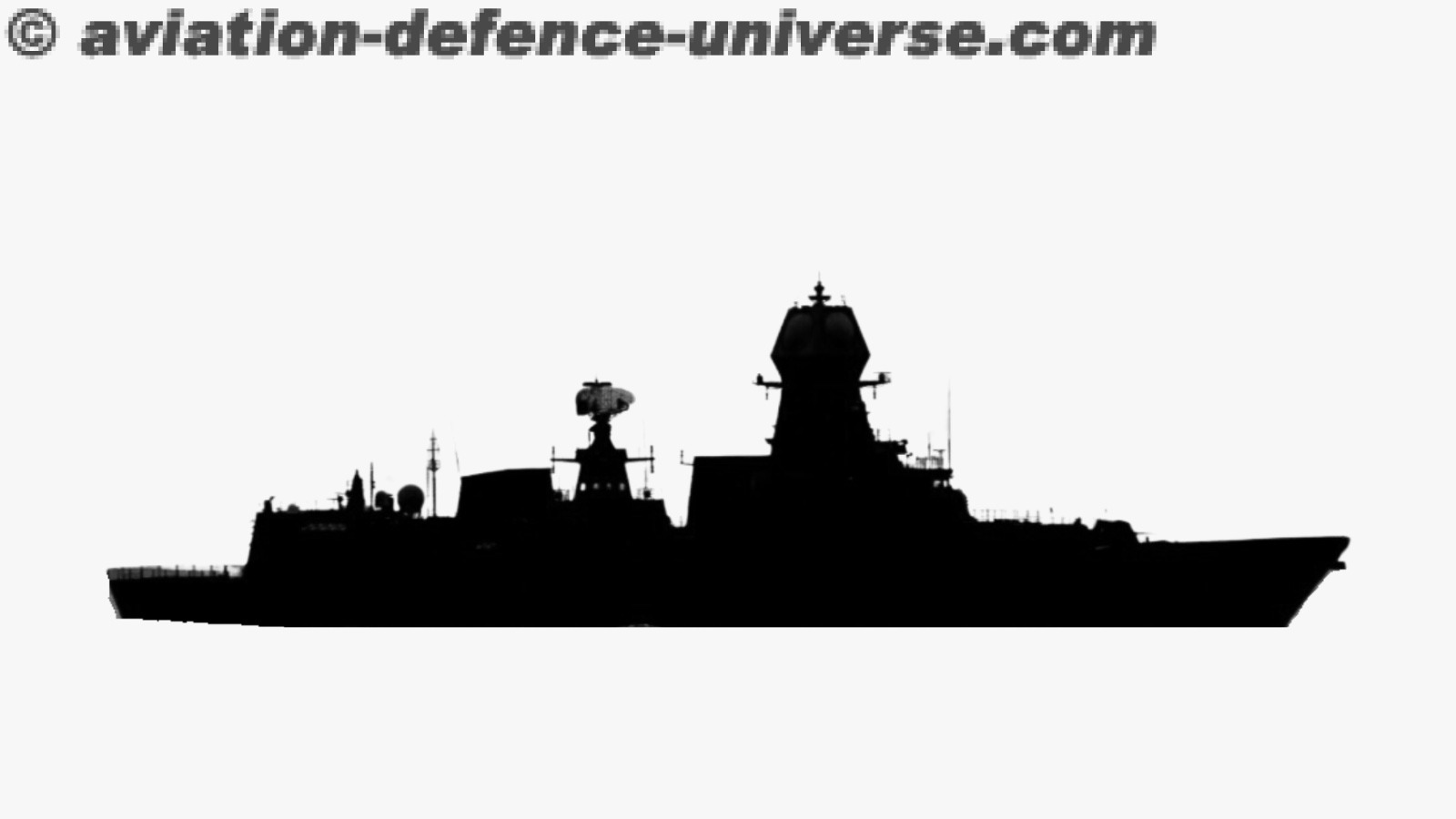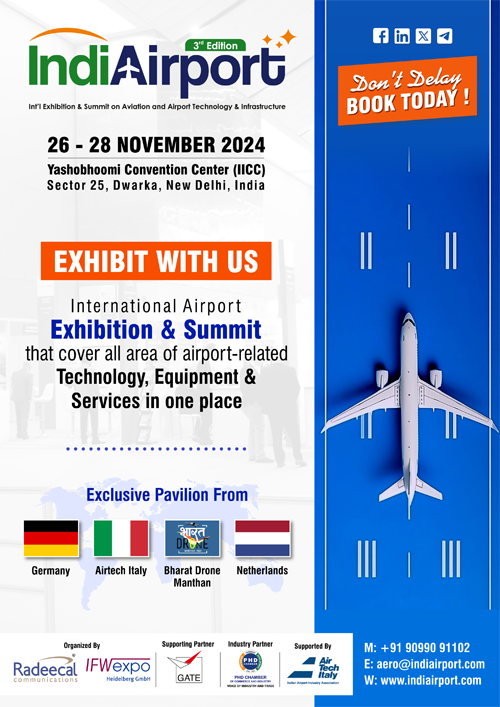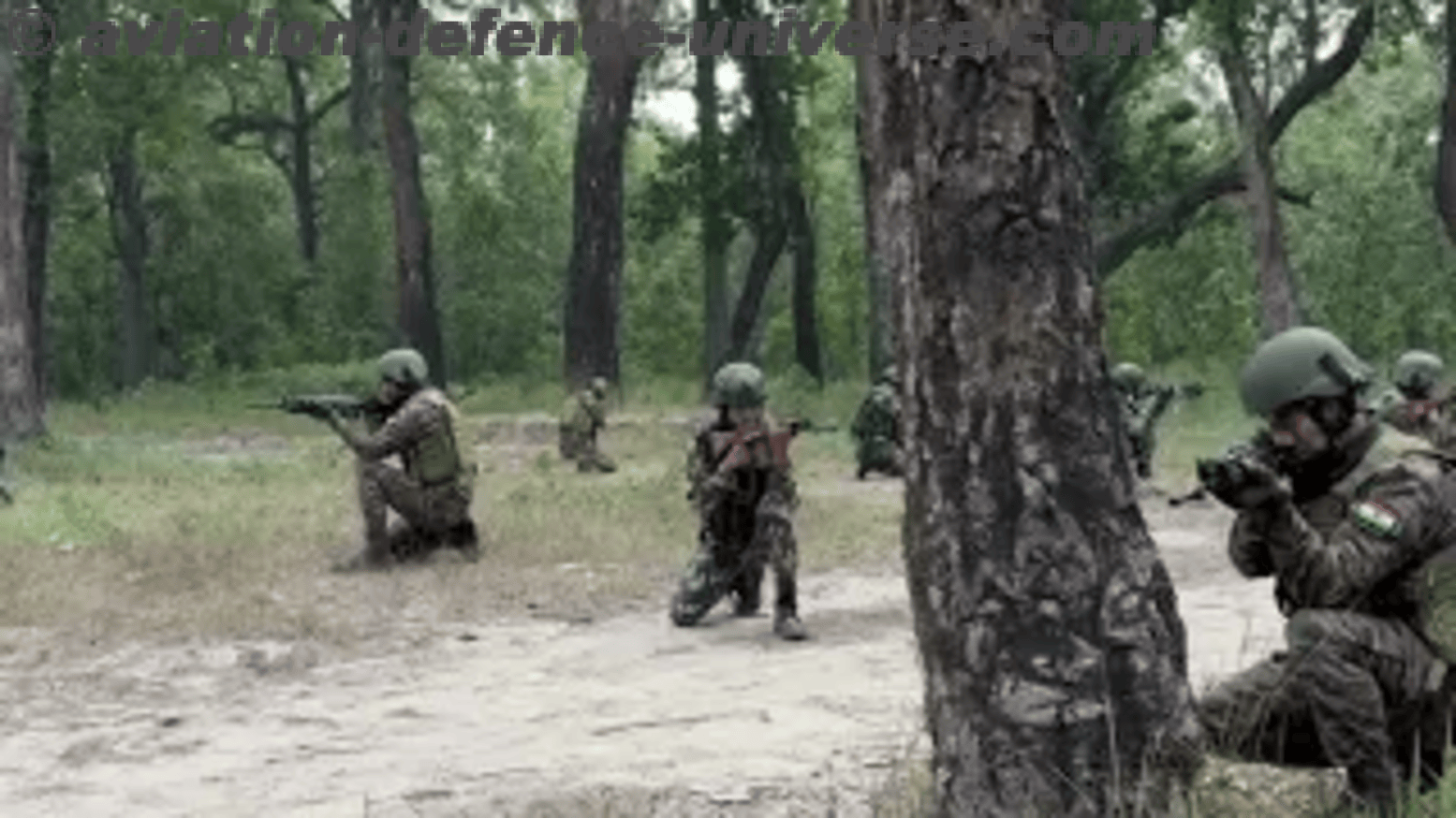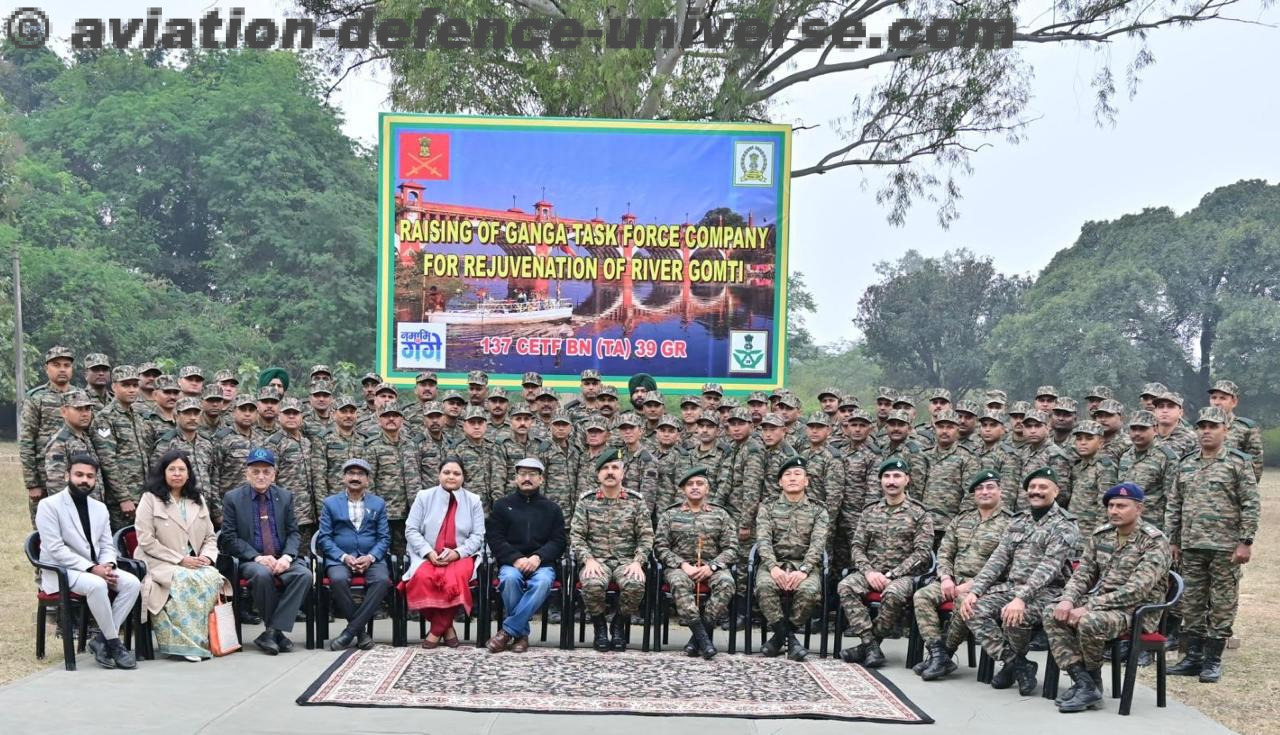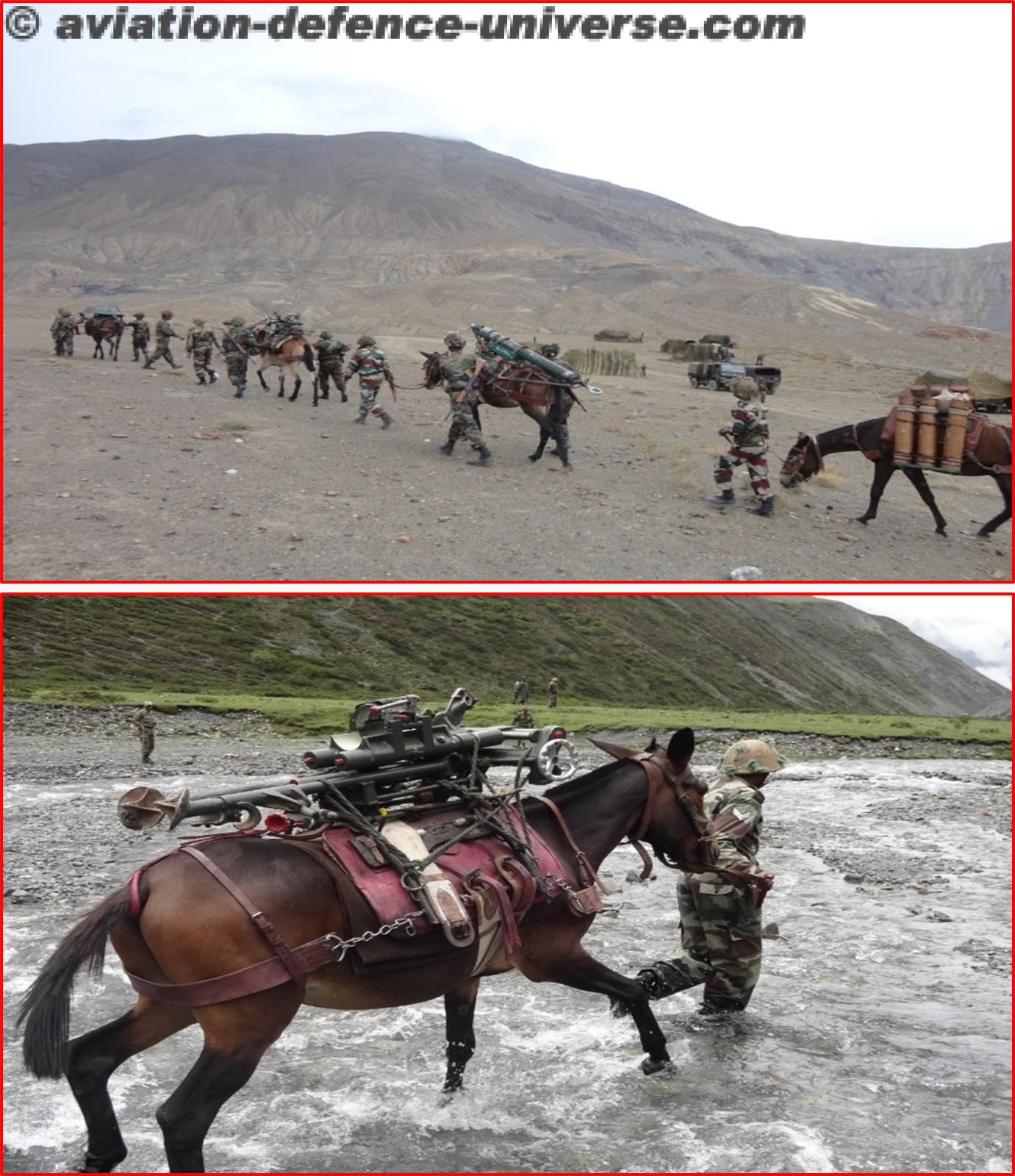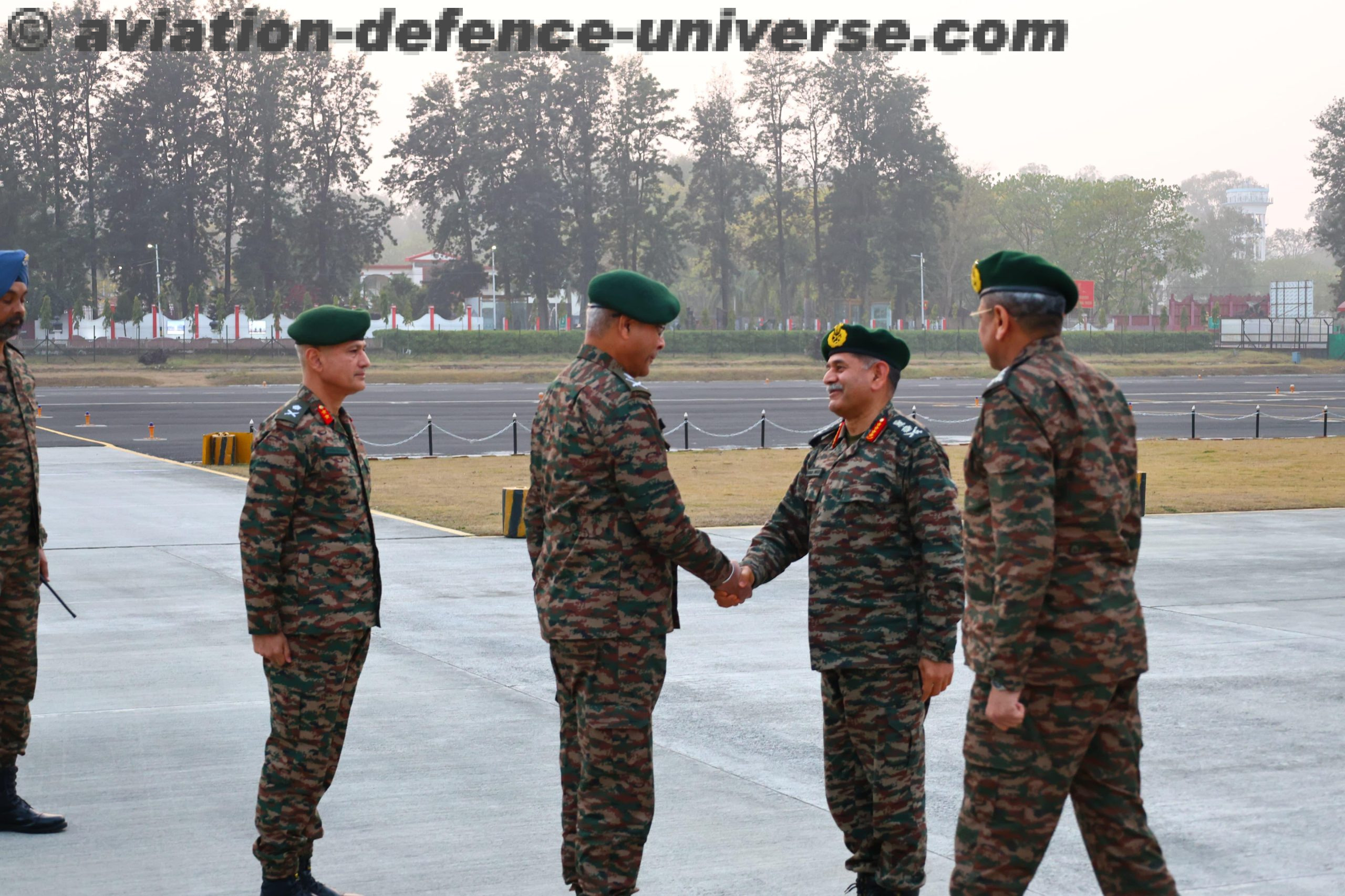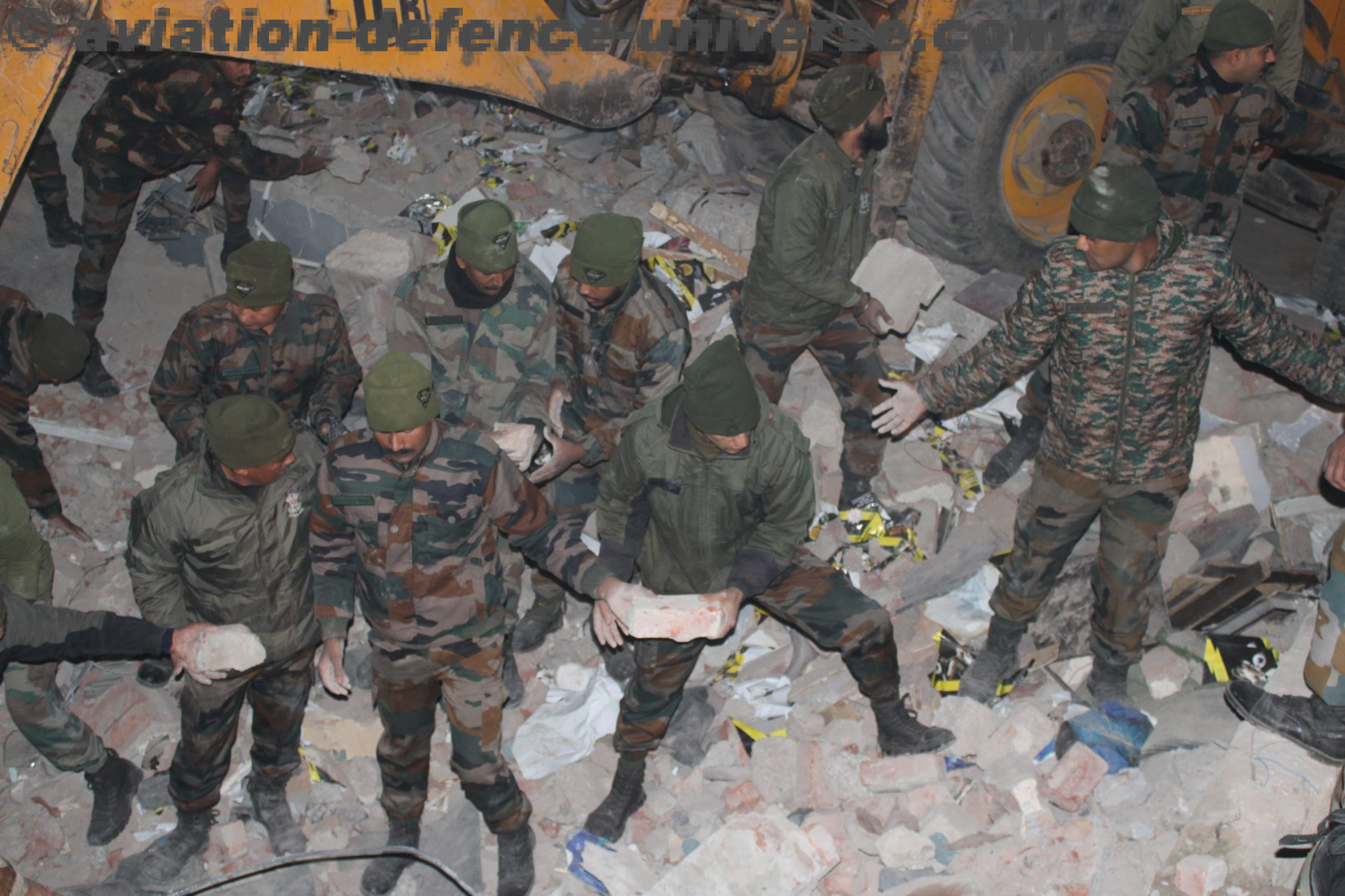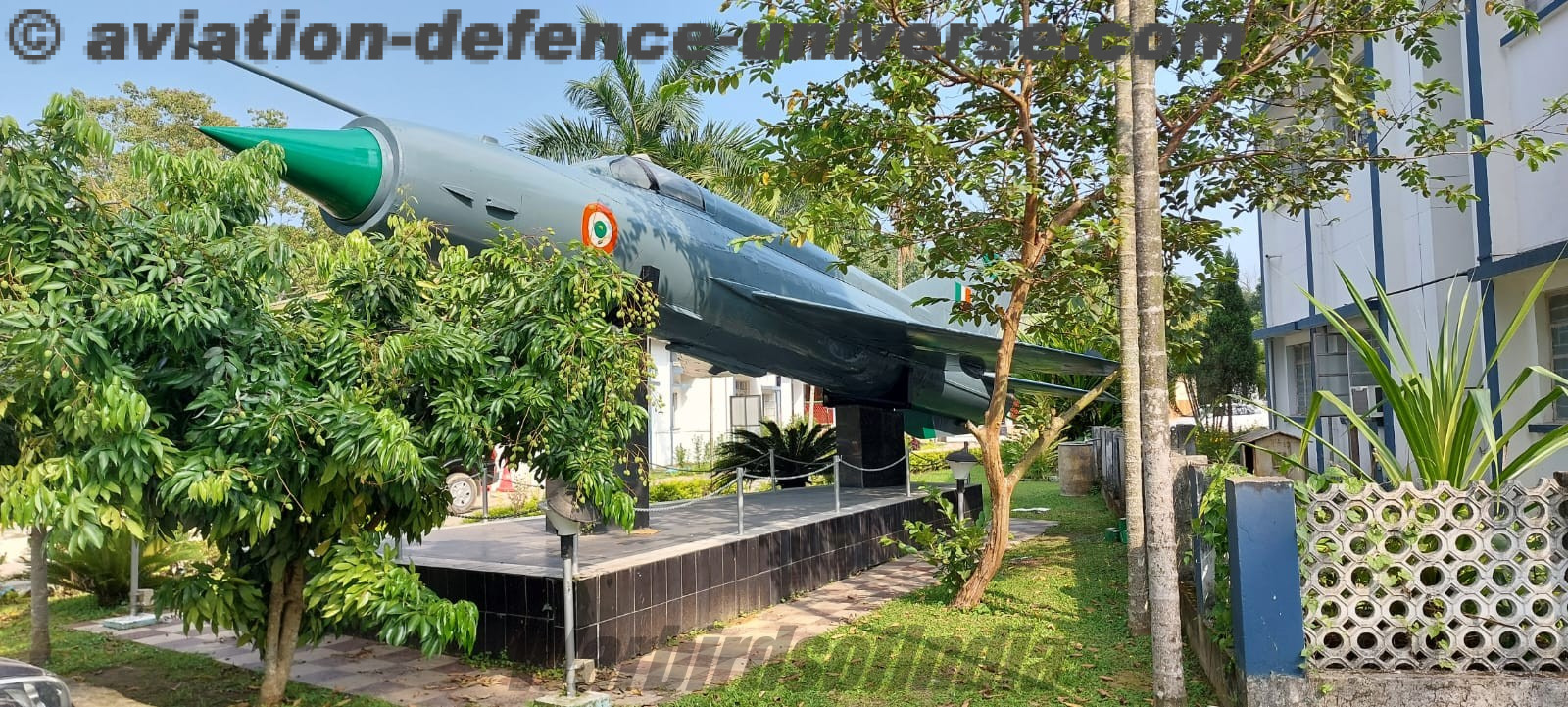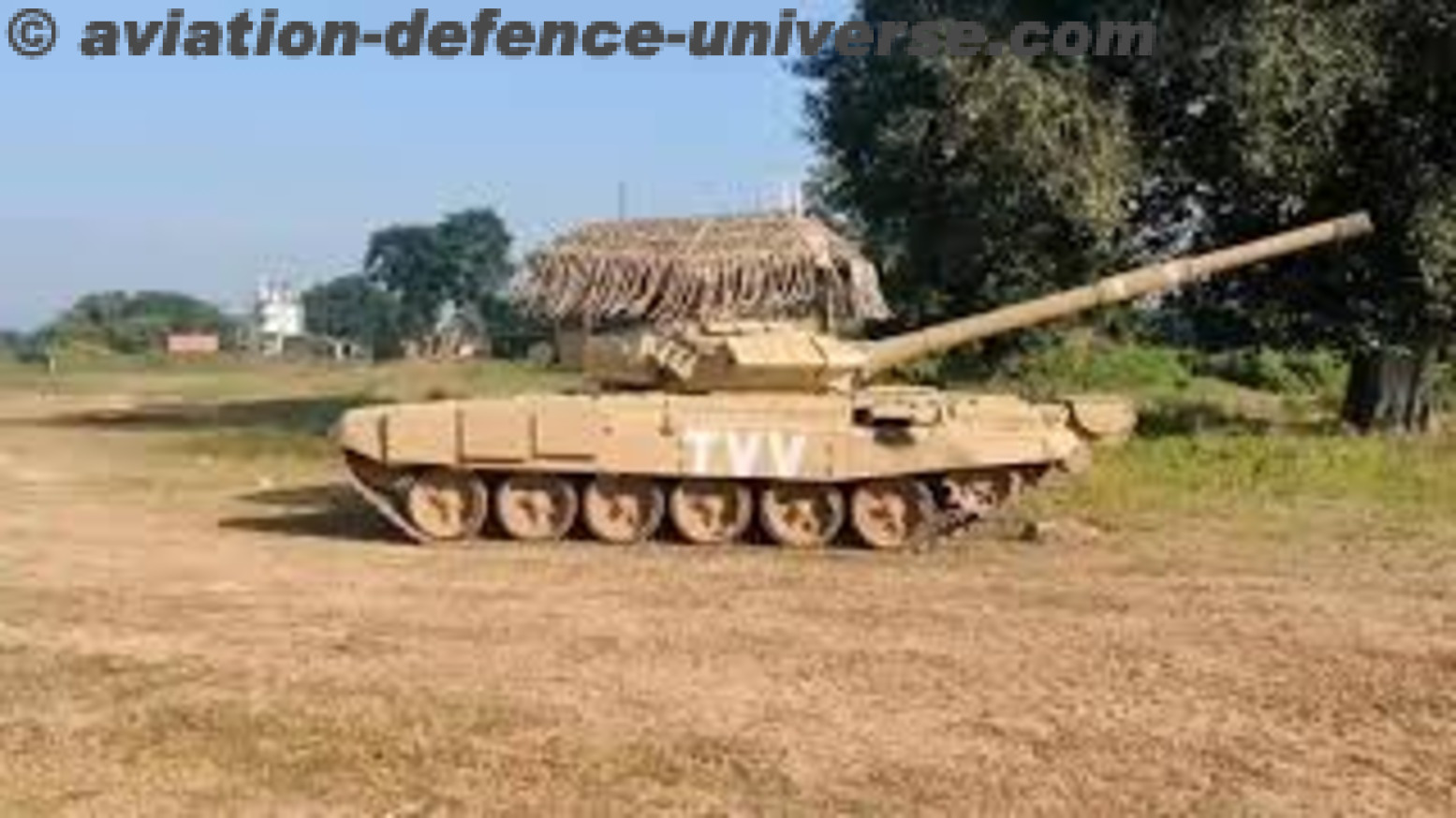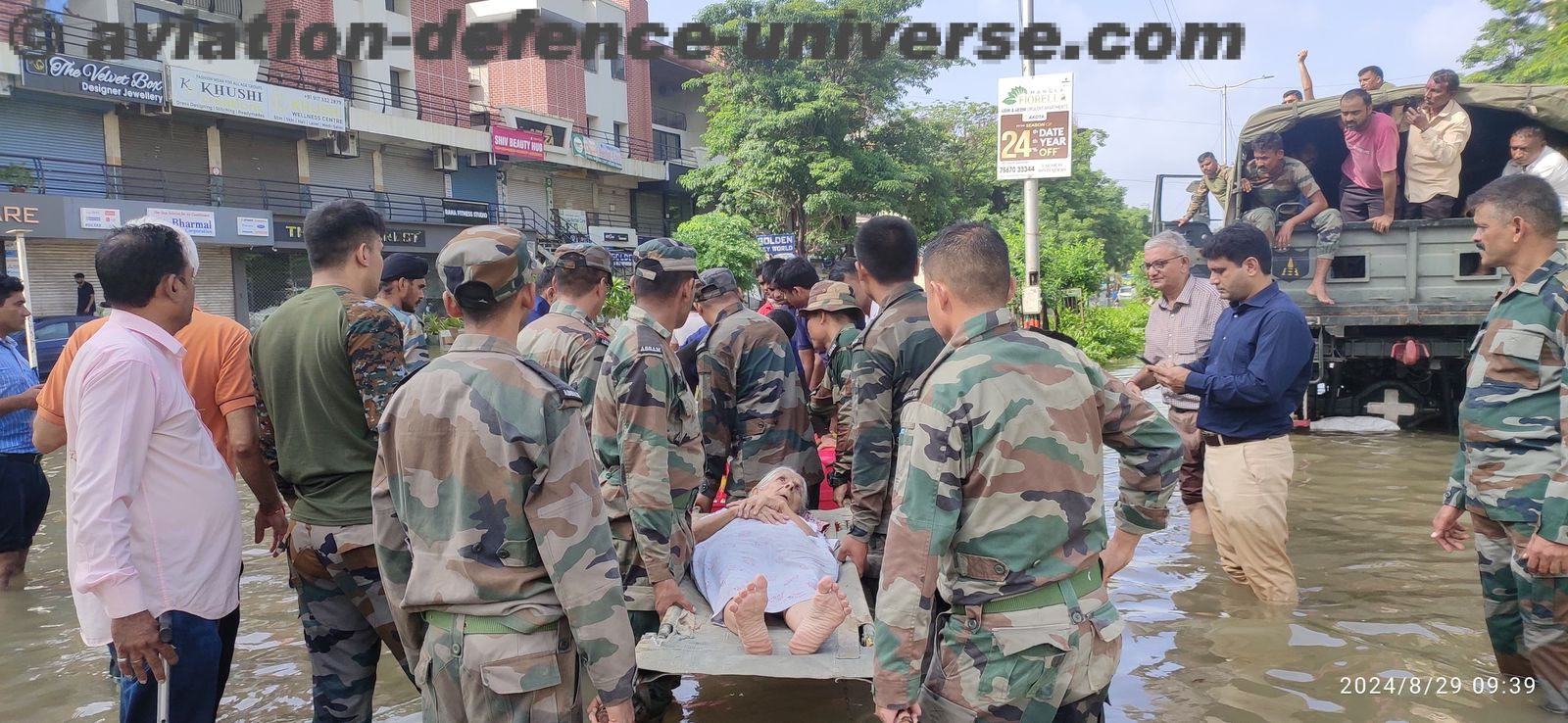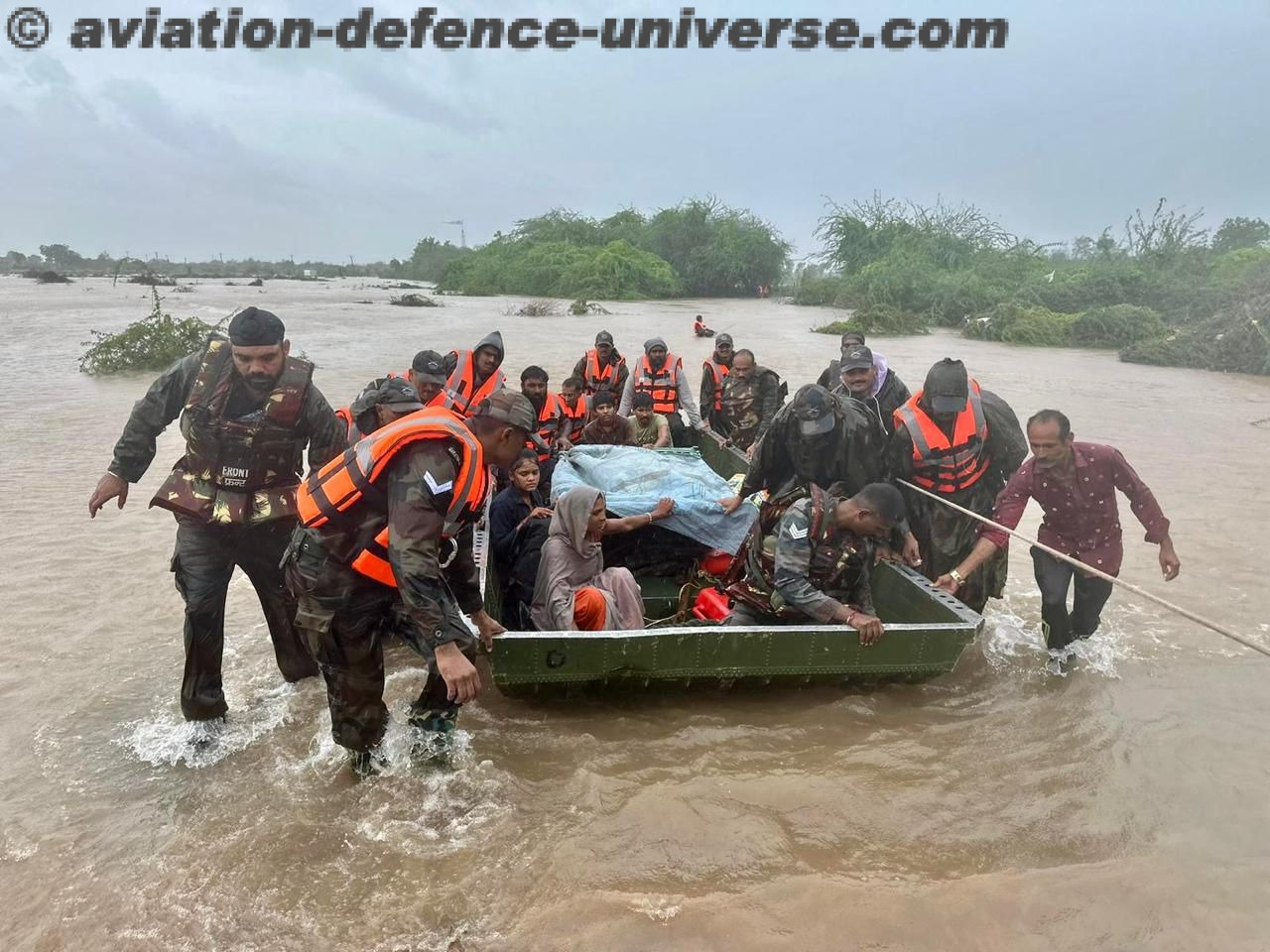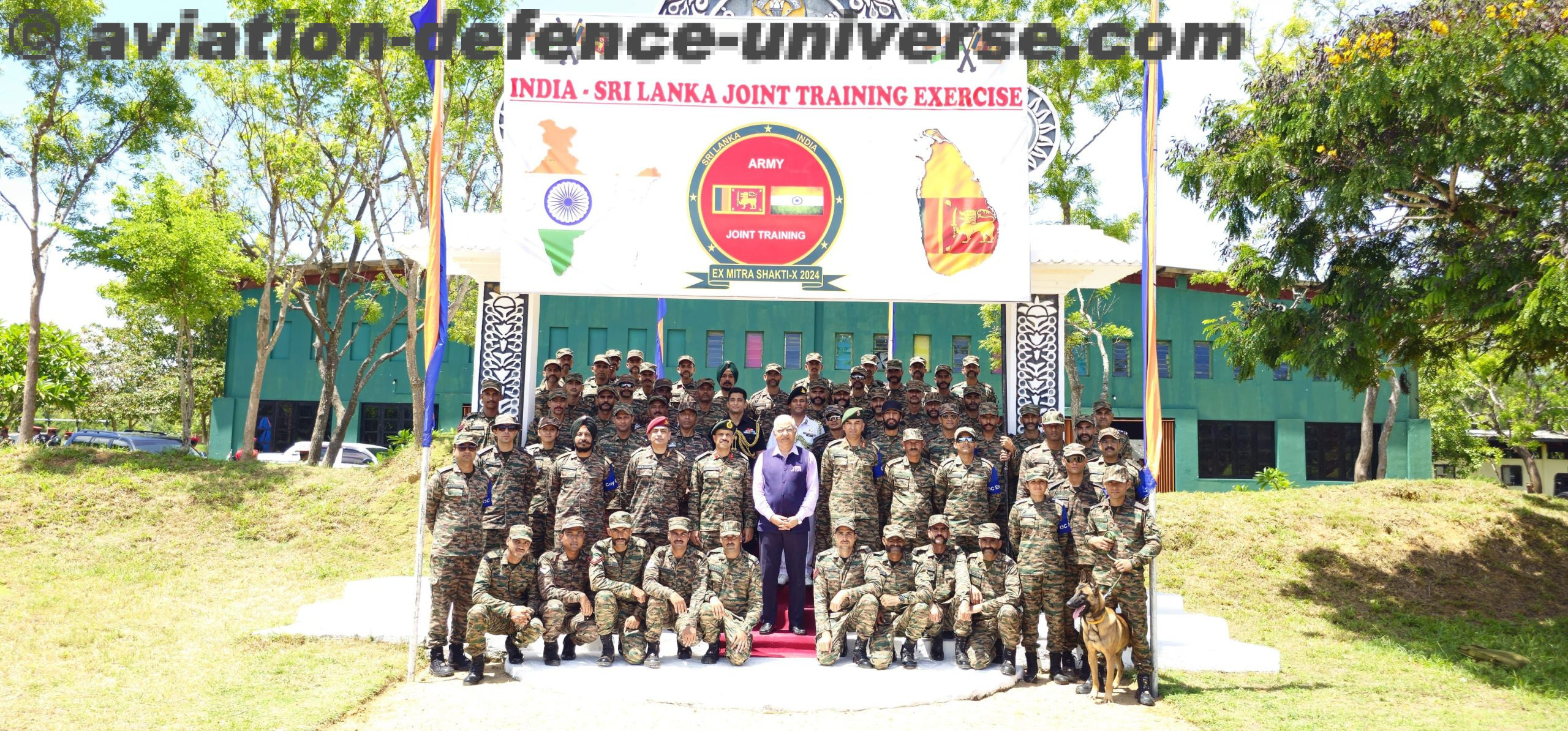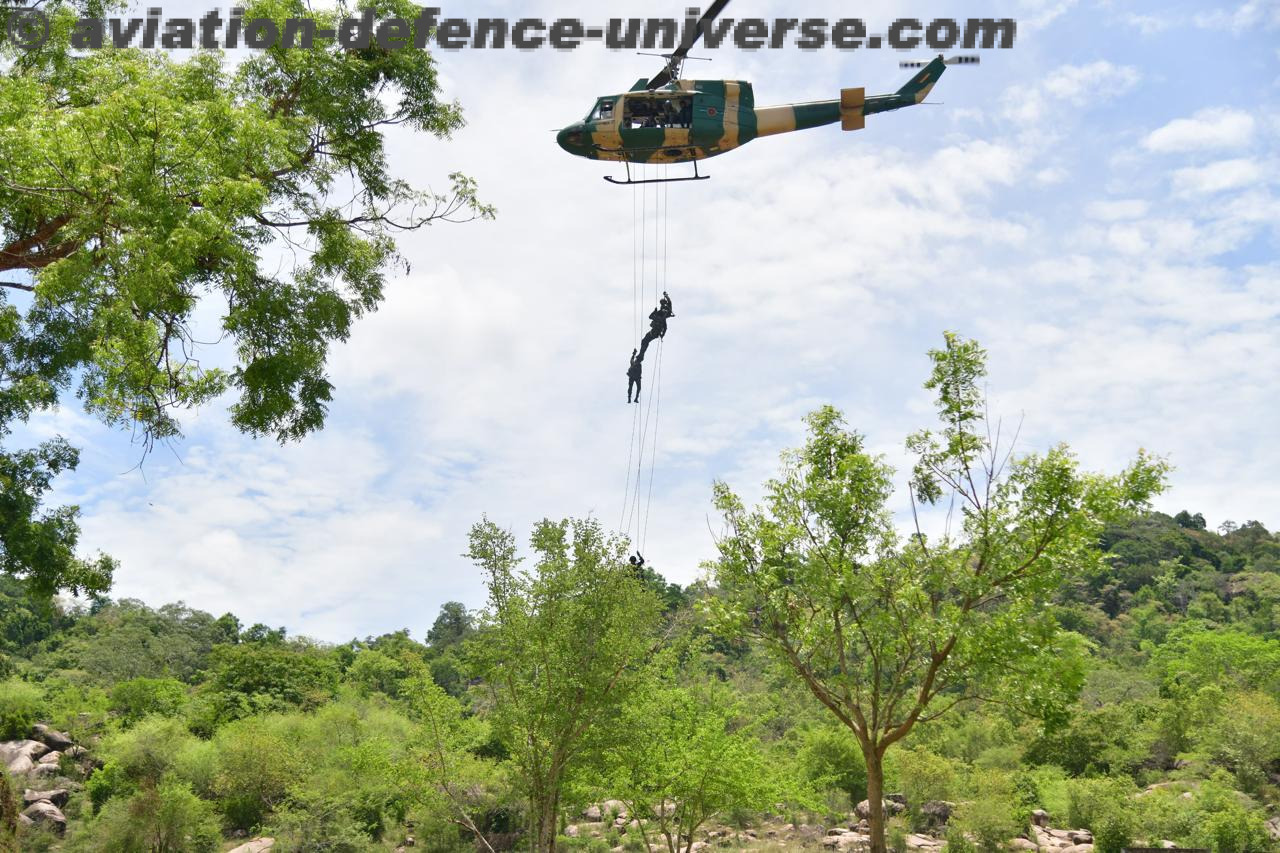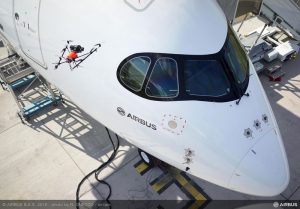
Farnborough , UK. 15 July 2016. The drone, equipped with a high definition camera, performs visual inspection for the upper part of the aircraft. It is flown using an automatic flight control system supervised by a human pilot. The Unmanned Aerial Vehicle (UAV) follows a predetermined flight path and takes a series of pictures automatically.
All these images and especially those showing any potential non-quality such as scratches, dents and painting defects, are compiled in a 3D digital model, recorded in a database and then analysed. This data helps improve traceability, prevention and reduction of damage.
The benefits of this innovative tool and process are significant. Aircraft downtime for inspection is reduced. Data acquisition by drone only takes 10 to 15 minutes, instead of 2 hours using conventional methods.
“The use of this new technology offers better working conditions including improving the safety and comfort for the quality inspectors”, says Nathalie Ducombeau, Airbus head of quality.
Operators no longer need to go up on a telescopic handler to perform the visual inspection, sometimes in poor weather conditions. In addition, picture analysis can be done anytime afterwards and in an office.
Aircraft visual inspections are an important part of the production process. It is part of the Airbus quality standards.
A full-scale industrial test is being conducted on A330 aircraft. Airbus is working on implementation on other programmes.


